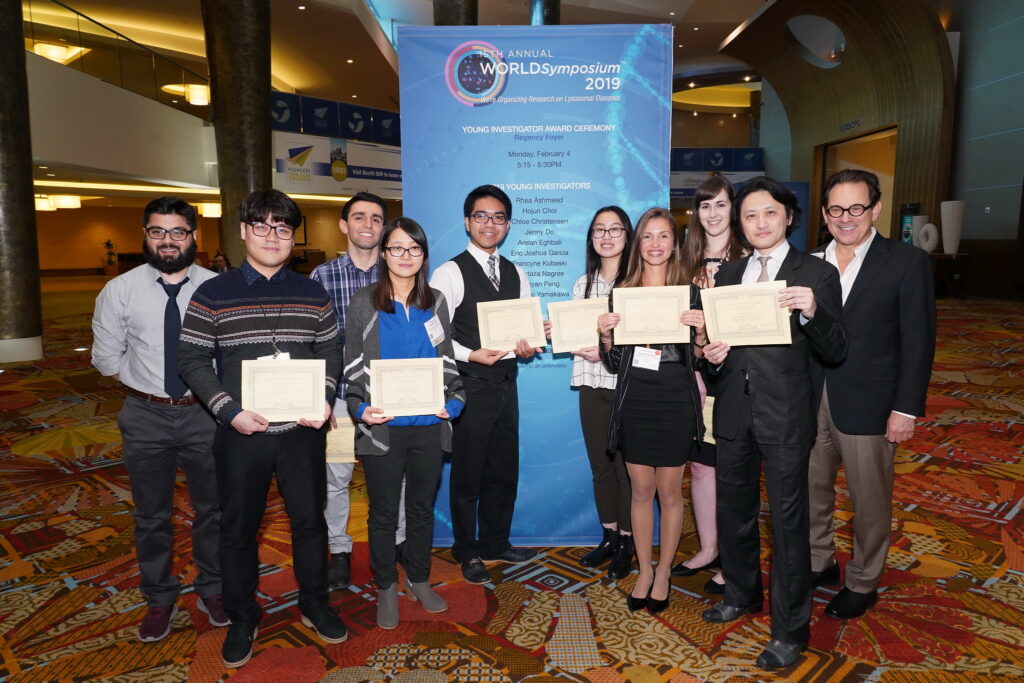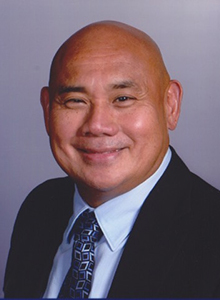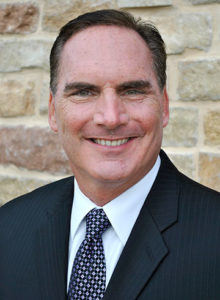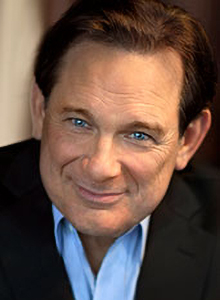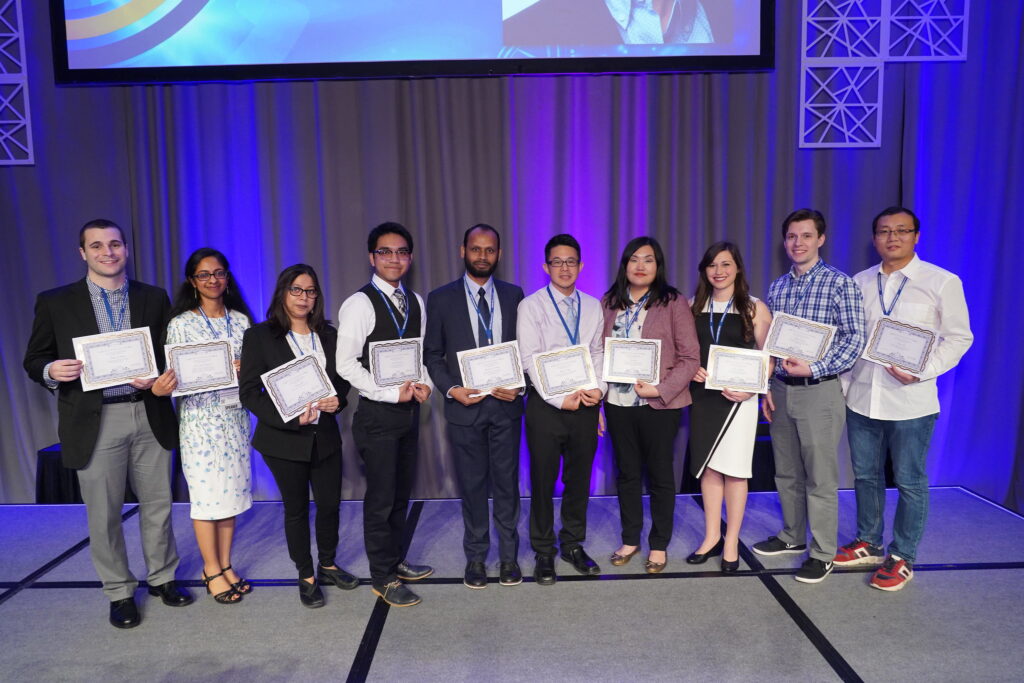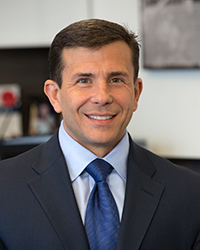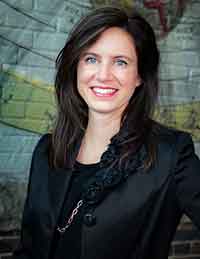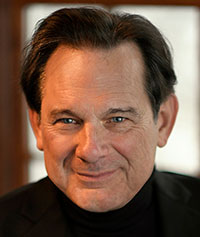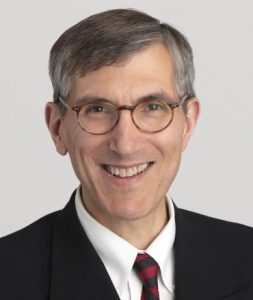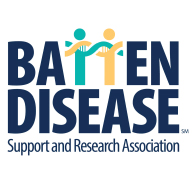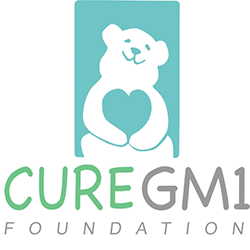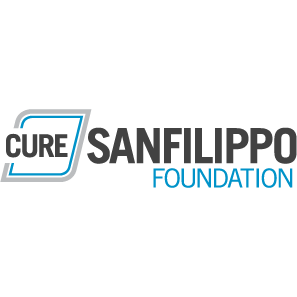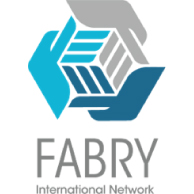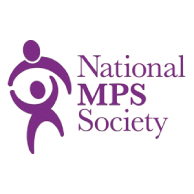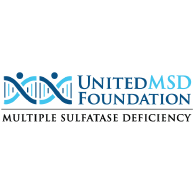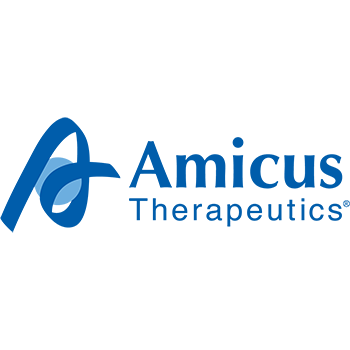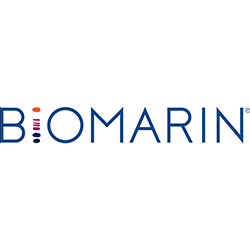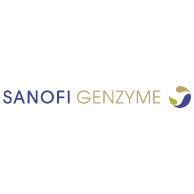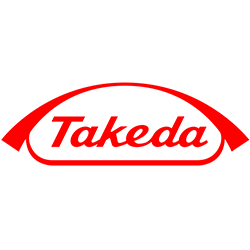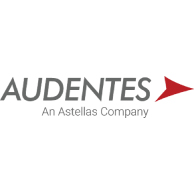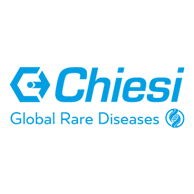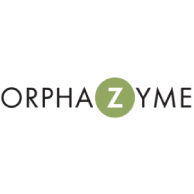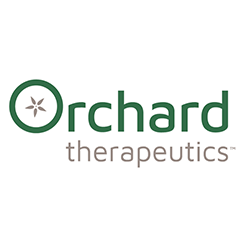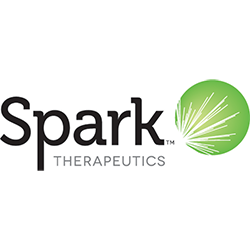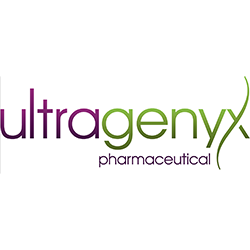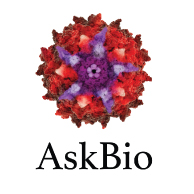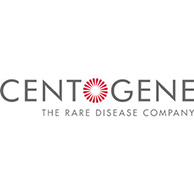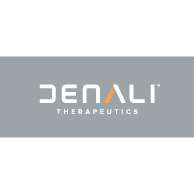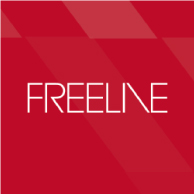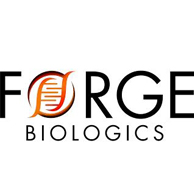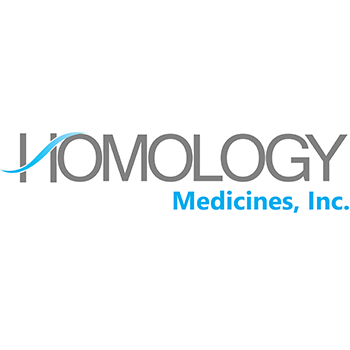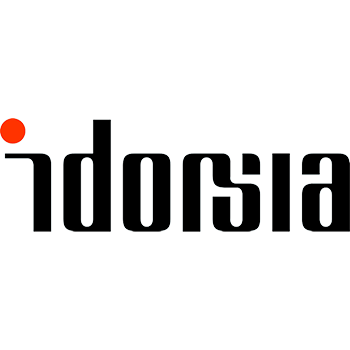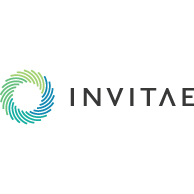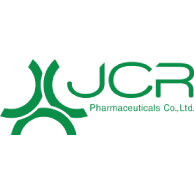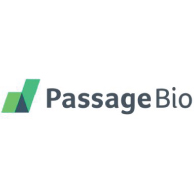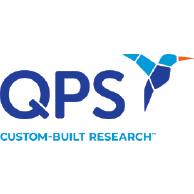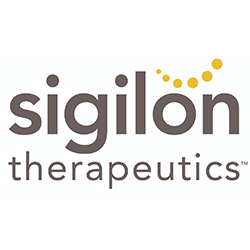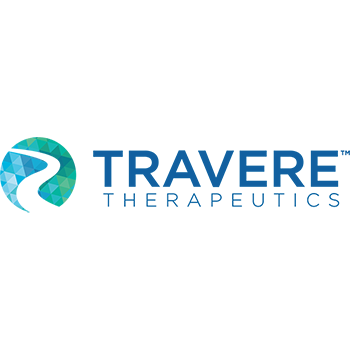WORLDSymposium™ 2019 Full Program on Lysosomal Diseases
| 9:00 – 12:00 | Council of Patient Advocates (COPA) Workshop: WORLDFair™ | The Lysosomal Disease Network (LDN) Annual Council of Patient Advocates (COPA) Meeting |
| 1:00 – 5:00 | Pre-Conference Symposium | Emerging Trends: State-of-the-Art for Experts (Registration required) |
| 5:15 | Young Investigator Award Ceremony | Young Investigator Awards Presented. Regency Foyer. |
| 5:30 – 6:30 | Opening Reception | Regency Ballroom R (Exhibit Hall) – Open to all attendees |
| 6:30 | Satellite Symposia |
Basic and bench research. Following the presentation of the Roscoe O. Brady Award for Innovation and Accomplishment in lysosomal disease research, presentations in the morning and afternoon sessions discussed innovations in technology and how they can be applied to early diagnosis for lysosomal conditions, progress in gene therapy, and exploitation of differences at the cellular level that may indicate early disease state. After the presentations ended at 4:30, the evening poster sessions opened. Abstracts from over 175 researchers were presented on Day 1, primarily focused on basic and translational research. Download the WORLDSymposium 2019 program (PDF 175KB).
Basic Science I: Disease Mechanisms, Pathology, and Biomarkers of Lysosomal Diseases
Co-Chairs: Danilo A. Tagle & Cynthia J. Tifft
| 6:15 | Satellite Symposia | |
| 7:30 | Chester B. Whitley University of Minnesota Minneapolis, MN, United States | Welcome & Announcements Presentation of 2019 Roscoe O. Brady Award for Innovation and Accomplishment |
| 7:45 | Danilo A. Tagle National Center for Advancing Translational Sciences National Institutes of Health Bethesda, MD, United States | 2019 Roscoe O. Brady Award for Innovation and Accomplishment |
| 8:15 | Eric Joshua Garcia National Institutes of Health Bethesda, MD, United States | Methylomic and whole transcriptome analyses reveal several potential modifier genes in GBA1-associated Parkinson disease |
| 8:30 | Vera Niederkofler QPS Austria GmbH Grambach, Austria | CBE treatment of alpha-synuclein over-expressing and wildtype mice models Gaucher disease pathology |
| 8:45 | Annalisa Astolfi University of Bologna Bologna, Italy | Hippo and necroptosis pathways are involved in cell growth defects in Gaucher disease |
| 9:00 | Pilar Giraldo Institute of Health Research Aragon (IIS Aragón) Zaragoza, Spain | Strain-elastography in musculoskeletal evaluation in Gaucher disease |
| 9:15 | Amelia Ahern-Rindell University of Portland Portland, OR, United States | Design and analysis of a CRISPR gene editing strategy in a sheep model variant of GM1-gangliosidosis |
| 9:30 | Anatalia Labilloy Cincinnati Children’s Hospital Medical Center Cincinnati, OH, United States | Proteomic profiling of engineered human immortalized podocyte cell model of Fabry disease |
| 9:45 | Break & Exhibits | |
| 10:15 | Behzad Najafian University of Washington Seattle, WA, United States | A novel method for quantification of globotriaocylceramide (GL-3) inclusions in affected podocytes in females with Fabry disease shows progressive accumulation of GL-3 in podocytes with age and no cross-correction between affected and non-affected podocytes |
| 10:30 | Jin-Song Shen Baylor Research Institute Dallas, TX, United States | Dysregulated DNA methylation in the pathogenesis of Fabry disease |
| 10:45 | Siamak Jabbarzadeh-Tabrizi Baylor Research Institute Dallas, TX, United States | Effects of genetic background on disease phenotypes in a mouse model of Fabry disease |
| 11:00 | Pasqualina Colella Généthon, Université Evry, Université Paris Saclay Evry, France | Latent TGF-beta-binding protein 4 modulates disease severity in the knock-out mouse model of Pompe disease |
| 11:15 | Katie Harvey Great Ormond Street Hospital London, United Kingdom | The evolving role of enzymology and metabolomics in the diagnosis of lysosomal disorders in the post genomic era |
| 11:30 | Lunch – On Own or Satellite Symposia | Exhibit Hall Open |
| 11:45 | Satellite Symposia |
Basic Science II: Developing Therapeutic Approaches for Lysosomal Diseases in the Laboratory
Co-Chairs: David A. Pearce & Tiina K. Urv
| 1:00 | Virginia Kimonis University of California – Irvine Orange, CA, United States | Antisense oligonucleotide treatment targeting glycogen synthase (GYS1) in a mouse model of Pompe disease |
| 1:15 | Kohji Itoh Tokushima University Tokushima, Japan | In vivo gene therapy for Tay-Sachs and Sandhoff diseases by utilizing AAV9 vector encoding modified HEXB |
| 1:30 | Kazuki Sawamoto Nemours/Alfred I. duPont Hospital for Children Wilmington, DE, United States | Development of AAV gene therapy for Morquio syndrome type A |
| 1:45 | Saida Ortolano Instituto de Investigación Sanitaria Galicia Sur Vigo (Pontevedra), Spain | Functional evaluation of an AAV9 based vector expressing alpha-galactosidase A for potential gene therapy of Fabry disease |
| 2:00 | Xin Chen University of Texas Southwest Medical Center Dallas, TX, United States | Therapeutic efficacy and safety of scAAV9/AGA gene therapy in aspartylglucosaminuria mice |
| 2:15 | Murtaza S. Nagree University of Toronto Toronto, ON, Canada | Lentiviral-modified T Rapa cells as ‘micropharmacies’ for lysosomal diseases |
| 2:30 | Hojun Choi Korea Advanced Institute of Science and Technology (KAIST) Daejeon, Korea | Exosome-mediated delivery of active glucocerebrosidase to Gaucher model cells |
| 2:45 | Break & Exhibits | |
| 3:15 | Ibane Abasolo Vall d’Hebron Institute of Research Barcelona, Spain | Targeted nanoliposomes for the treatment of Fabry disease |
| 3:30 | Cristin Davidson National Institutes of Health Bethesda, MD, United States | Improved disease amelioration with combination therapy for Niemann-Pick type C1 disease |
| 3:45 | Yanyan Peng Cincinnati Children’s Hospital Medical Center Cincinnati, OH, United States | Intravenous infusion of iPSC-derived neural progenitors expressing GCase ameliorates alpha-synuclein aggregates in a mouse model of Gaucher disease |
| 4:00 | Jeanine R. Jarnes University of Minnesota Minneapolis, MN, United States | Chitotriosidase as a biomarker for central nervous system inflammation in the gangliosidosis diseases |
| 4:15 | Chloe L. Christensen University of Victoria Victoria, BC, Canada | Delivery of adenine base editors to patient-derived induced pluripotent stem cells in vitro: A putative treatment for mucopolysaccharidosis type IIIB |
| 4:30 | Poster Reception in the Exhibit Hall | Poster presenters with First Author Last Name starting with A-L displayed |
| 6:30 | Satellite Symposia |
Translational research. The second day of the meeting turned to the challenge of moving laboratory discoveries to therapy, the important hurdles of translational research. Some broad topics of discussion included gene therapy, newborn screening, modulation of CNS affects of disease, how to increase the efficacy of therapeutic modalities, and genotype/phenotype correlations. After the presentations ended at 4:30 on Day 2, a second set of poster abstracts were presented by more than 200 additional researchers, featuring cutting-edge translational and clinical research areas. Download the WORLDSymposium 2019 program (PDF 175KB).
Translational Research IA: Gene Therapy
Co-Chairs: R. Scott McIvor & Mark S. Sands
| 6:15 | Satellite Symposia | |
| 7:30 | Chester B. Whitley University of Minnesota Minneapolis, MN, United States | 2019 Patient Advocate Leader Announcement and Presentation to Mark Dant |
| 7:45 | Steven J. Gray University of Texas Southwestern Medical Center Dallas, TX, United States | Intrathecal and intravenous combination gene therapy in the mouse model of infantile neuronal ceroid lipofuscinosis extends lifespan and improves behavioral outcomes in moderately affected mice |
| 8:00 | Raymond Y. Wang Children’s Hospital of Orange County Orange, CA, United States | Intra-articular AAV9 α-iduronidase gene therapy in the canine model of mucopolysaccharidosis type I results in rapid synovial and cartilage iduronidase expression, clearance of heparan sulfate, and high serum α-iduronidase levels |
| 8:15 | Roselena S. Schuh Universidade Federal do Rio Grande do Sul Porto Alegre, Brazil | Newborn genome editing improves phenotype, cardiovascular, respiratory, and bone disease in mucopolysaccharidosis type I mice |
| 8:30 | Brian Bigger University of Manchester Manchester, United Kingdom | Brain targeted stem cell gene therapy provides long-term correction of mucopolysaccharidosis type II |
| 8:45 | Giuseppe Ronzitti Généthon, Université of Evry, Université Paris-Saclay Evry, France | Safety and efficacy evaluation of investigational liver gene transfer for secretable GAA in the treatment of Pompe disease |
| 9:00 | Jeffrey A. Medin Medical College of Wisconsin Milwaukee, WI, United States | FACTs Fabry gene therapy clinical trial: Two year data |
| 9:15 | Kevin M. Flanigan Center for Gene Therapy, Nationwide Children’s Hospital Columbus, OH, United States | Phase 1/2 clinical trial of systemic gene transfer of scAAV9.U1a.hSGSH for MPS IIIA demonstrates 2 years of safety, tolerability, and biopotency |
| 9:30 | Cassie Bebout Auburn University Auburn, AL, United States | Analysis of the effect of intravenous gene therapy on brain and peripheral disease in a feline model of GM1-gangliosidosis |
| 9:45 | Break & Exhibits |
Translational Research IB: Implementation and Impact of Newborn Screening
Co-Chairs: Amy Gaviglio & Priya Kishnani
| 10:15 | Chia-Feng Yang Taipei Veterans General Hospital Taipei City, Taiwan | Very early treatment for infantile-onset Pompe disease contributes to better outcomes: 10-year experience of nationwide NBS in Taiwan |
| 10:30 | Barbara K. Burton Ann & Robert H. Lurie Children’s Hospital Chicago, IL, United States | Newborn screening for mucopolysaccharidosis type II (MPS II) in Illinois: The first year’s experience |
| 10:45 | Elizabeth Braunlin University of Minnesota Minneapolis, MN, United States | Hematopoietic cell transplantation for severe MPS I in the first six months of life: The heart of the matter |
| 11:00 | Adam Guenzel Mayo Clinic Rochester, MN, United States | Improved differentiation between Krabbe disease variants, carrier status, and pseudo deficiency by measurement of psychosine |
| 11:15 | Francisco J. del Castillo Hospital Universitario Ramón y Cajal, IRYCIS Madrid, Spain | NGS-based, 107-gene resequencing panel as first-line screening test for lysosomal diseases |
| 11:30 | Lunch – On Own or Satellite Symposia | Exhibit Hall Open |
| 11:45 | Satellite Symposia |
Translational Research II: Clinical Trial Readiness – Pre-Clinical Trial Methods and Studies
Co-Chairs: Lalitha R. Belur & Philip J. Brooks
| 1:00 | Laura Adang Children’s Hospital of Philadelphia Philadelphia, PA, United States | Clinical presentation of metachromatic leukodystrophy |
| 1:15 | Cara O’Neill Cure Sanfilippo Foundation Columbia, SC, United States | The natural history of facial features observed in Sanfilippo syndrome (MPS IIIB) using a next generation phenotyping tool |
| 1:30 | Rebecca Ahrens-Nicklas The Children’s Hospital of Philadelphia Philadelphia, PA, United States | A natural history study of multiple sulfatase deficiency |
| 1:45 | Lynda E. Polgreen Los Angeles Biomedical Research Institute at Harbor-UCLA Torrance, CA, United States | Exploring surrogate biomarkers of skeletal and joint disease progression in mucopolysaccharidosis type I |
| 2:00 | Shunji Tomatsu Nemours/Alfred I. duPont Hospital for Children Wilmington, DE, United States | Effect of enzyme replacement therapy on the growth of patients with Morquio syndrome type A |
| 2:15 | Ankit K. Desai Duke University Durham, NC, United States | Changing the clinical course of infantile Pompe disease with immune modulation strategies: 12 years of experience |
| 2:30 | Simon Heales Great Ormond Street Hospital/UCL London, United Kingdom | Urinary glucose tetrasaccharide, a useful prognostic biomarker for Pompe disease? |
| 2:45 | Break & Exhibits | |
| 3:15 | Quoc-Hung Nguyen University of California – San Francisco San Francisco, CA, United States. | Fetal enzyme replacement and stem cell transplantation in murine Sly syndrome targeting microglia |
| 3:30 | Igor Nestrasil University of Minnesota Minneapolis, MN, United States | Discovery of brain MRI signatures in infants with severe form of MPS I in the pre-HSCT and post-HSCT stages |
| 3:45 | Adeline Vanderver Children’s Hospital of Philadelphia Philadelphia, PA, United States | Intrathecally administered recombinant human arylsulfatase A in patients with late-infantile metachromatic leukodystrophy: Phase 2b clinical trial design |
| 4:00 | Reena V. Kartha University of Minnesota Minneapolis, MN, United States | Preliminary N-acetylcysteine results for LDN 6722, Role of oxidative stress and inflammation in Gaucher disease type 1: Potential use of antioxidant anti-inflammatory medications |
| 4:15 | Eric K.W. Hui ArmaGen Inc. Calabasas, CA, United States | Preclinical studies of a brain penetrating IgG trojan horse-arylsulfatase fusion protein in the metachromatic leukodystrophy mouse |
| 4:30 | Poster Reception in the Exhibit Hall | Poster presenters with First Author Last Name starting with M-Z and all Late-Breaking abstracts displayed |
| 6:30 | Satellite Symposia |
Clinical research. The entire third day of WORLDSymposium was committed to presentations of results from clinical trials, which in most cases is the actual application of new agents in humans affected by these conditions. Day 3 also included presentations related to re-thinking the definition of biomarkers for lysosomal disease. Download the WORLDSymposium 2019 program (PDF 175KB).
Clinical Trials I: Clinical Trials for Registration
Co-Chairs: Stephen C. Groft & Anne R. Pariser
| 6:15 | Satellite Symposia | |
| 7:30 | Chester B. Whitley University of Minnesota Minneapolis, MN, United States | Keynote Address: The ‘new’ Lysosomal Disease Network |
| 8:00 | Raphael Schiffmann Baylor Research Institute Dallas, TX, United States | Venglustat in adult Gaucher disease type 3: Preliminary safety, pharmacology, and exploratory efficacy from a phase 2 trial in combination with imiglucerase (LEAP) |
| 8:15 | Ronald G. Crystal Weill Cornell Medicine New York, NY, United States | Design and rationale of the LYS-SAF302 gene therapy study in mucopolysaccharidosis type IIIA (MPS IIIA) children |
| 8:30 | Myrl D. Holida University of Iowa Hospitals and Clinics Iowa City, IA, United States | Once every 4 weeks – 2 mg/kg of pegunigalsidase alfa for treating Fabry disease; Preliminary results of a phase 3 study |
| 8:45 | Ulla Feldt-Rasmussen Rigshospitalet, Copenhagen University Hospital Copenhagen, Denmark | Oral pharmacological chaperone migalastat compared with enzyme replacement therapy in Fabry disease: 30-month results from the randomized phase 3 ATTRACT study |
| 9:00 | Priya S. Kishnani Duke University Durham, NC, United States | Safety and efficacy of VAL-1221, a novel fusion protein targeting cytoplasmic glycogen, in patients with late-onset Pompe disease |
| 9:15 | Paula R. Clemens University of Pittsburgh and Department of Veterans Affairs Medical Center Pittsburgh, PA, United States | Efficacy and safety of AT-GAA (ATB200/AT2221) in ERT-switch non-ambulatory patients with Pompe disease: Preliminary results from the ATB200-02 trial |
| 9:30 | Loren Pena University of Cincinnati College of Medicine Cincinnati, OH, United States | NEO1 and NEO-EXT studies: Long-term safety of repeat avalglucosidase alfa dosing for 4.5 years in late-onset Pompe disease patients |
| 9:45 | Refreshment Break in Foyer | |
| 10:15 | Nathalie Guffon Hôpital Femme Mère Enfant Lyon, France | The first study investigating safety and efficacy of velmanase alfa (human recombinant alpha mannosidase) in alpha-mannosidosis patients below six years of age |
| 10:30 | Kara Woolgar Phoenix Children’s Hospital Phoenix, AZ, United States | Intravenous 2-hydroxypropyl-beta-cyclodextrin for a Niemann-Pick disease type C1 infant with liver cirrhosis |
| 10:45 | Paul J. Orchard University of Minnesota Minneapolis, MN, United States | Preliminary results demonstrate engraftment with minimal neutropenia with MGTA-456, a CD34+ expanded cord blood (CB) product in patients transplanted for inherited metabolic disorders (IMD) |
| 11:00 | Joseph Muenzer University of North Carolina, Chapel Hill Chapel Hill, NC, United States | CHAMPIONS: A phase 1/2 clinical trial with dose escalation of SB-913 ZFN-mediated in vivo human genome editing for treatment of MPS II (Hunter syndrome) |
| 11:15 | Paul Harmatz UCSF Benioff Children’s Hospital Oakland Oakland, CA, United States | EMPOWERS: A phase 1/2 clinical trial of SB-318 ZFN-mediated in vivo human genome editing for treatment of MPS I (Hurler syndrome) |
| 11:30 | Lunch – On Own or Satellite Symposia | |
| 11:45 | Satellite Symposia |
Clinical Trials II: Clinical Outcomes
Co-Chairs: Yoshikatsu Eto, Jill Morris & Marc C. Patterson
| 1:00 | Maureen Cleary Great Ormond Street Hospital London, United Kingdom | ICV-administered tralesinidase alfa (BMN 250; NAGLU-IGF2) is well-tolerated and reduces heparan sulfate accumulation in the CNS of subjects with Sanfilippo syndrome type B (MPS IIIB) |
| 1:15 | Maria L. Escolar Children’s Hospital of Pittsburgh Pittsburgh, PA, United States | Long-term neurodevelopmental outcomes of hematopoietic stem cell transplantation for late-infantile Krabbe disease |
| 1:30 | Karolina M. Stepien Salford Royal NHS Foundation Trust Salford, United Kingdom | Hormonal dysfunction in adult patients with mucopolysaccharidosis type I post haematopoietic stem cell transplantation |
| 1:45 | Ashish Gupta University of Minnesota Minneapolis, MN, United States | Allogeneic hematopoietic stem cell transplant improves outcomes in fucosidosis |
| 2:00 | Mark Roberts Salford Royal NHS Foundation Trust Salford, United Kingdom | Preliminary patient-reported outcomes and safety of AT-GAA (ATB200/AT2221) in patients with Pompe disease from the ATB200-02 trial |
| 2:15 | Edwin Chavez-Cintora BioMarin Pharmaceutical Inc. Novato, CA, United States | Insights into Sanfilippo syndrome provided by the ConnectMPS worldwide online registry |
| 2:30 | Troy Lund University of Minnesota Minneapolis, MN, United States | Predicting intelligence in MPS IH with biomarkers |
| 2:45 | Refreshment Break | |
| 3:15 | Brianna Glase National Institutes of Health Bethesda, MD, United States | Robust clinical outcome measures for patients with juvenile onset GM1-gangliosidosis |
| 3:30 | Angela Schulz University Medical Center Hamburg-Eppendorf Hamburg, Germany | Persistent treatment effect of cerliponase alfa in children with CLN2 disease: A 3 year update from an ongoing multicenter extension study |
| 3:45 | Tama Dinur Shaare Zedek Medical Center, Hadassah Medical Center, The Hebrew University Jerusalem, Israel | Long-term follow-up of 103 untreated adult patients with type 1 Gaucher disease |
| 4:00 | Uma Ramaswami Royal Free London NHS Foundation Trust University College London London, United Kingdom | Migalastat: Single centre experience of adult patients with Fabry disease from the Royal Free London NHS Foundation Trust, UK |
| 4:15 | Christian J. Hendriksz Steve Biko Academic Hospital Pretoria, South Africa | Evidence-based, expert-agreed recommendations for the management of patients with MPS IVA/VI: Recommendations to replace the specific missing enzyme |
| 4:30 | Adjourn & Networking Reception | Open to All Attendees; Regency Rotunda |
| 5:30 | Council of Research Experts (CORE) Meeting | The Lysosomal Disease Network (LDN) annual Council of Research Experts (CORE) meeting for NIH-funded investigators |
